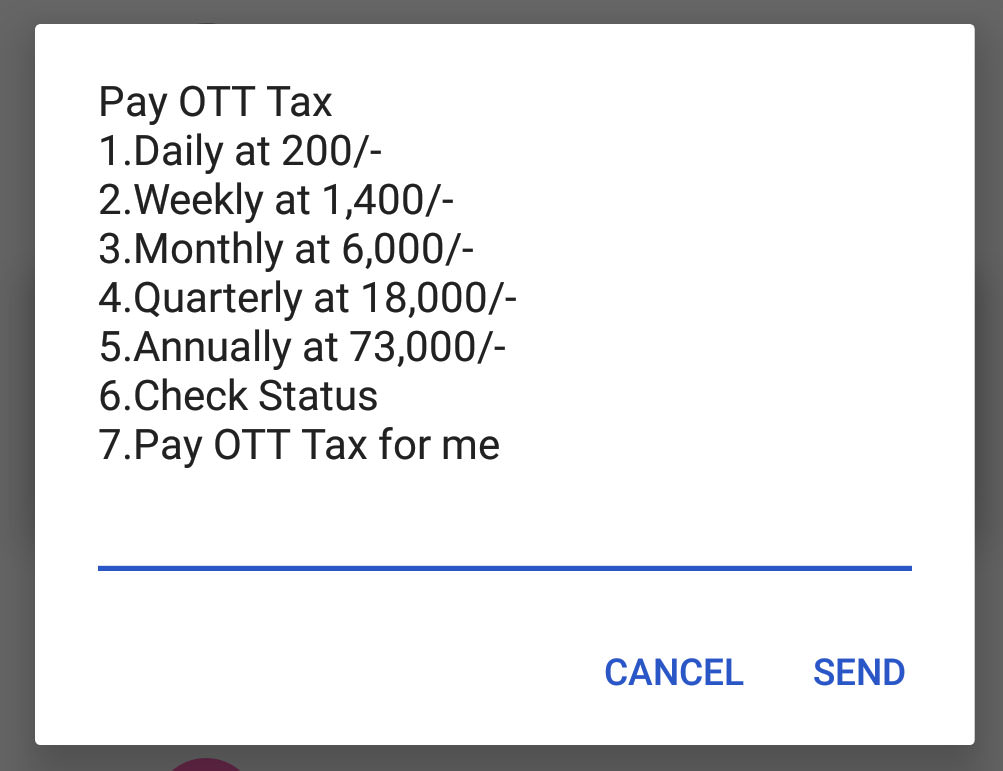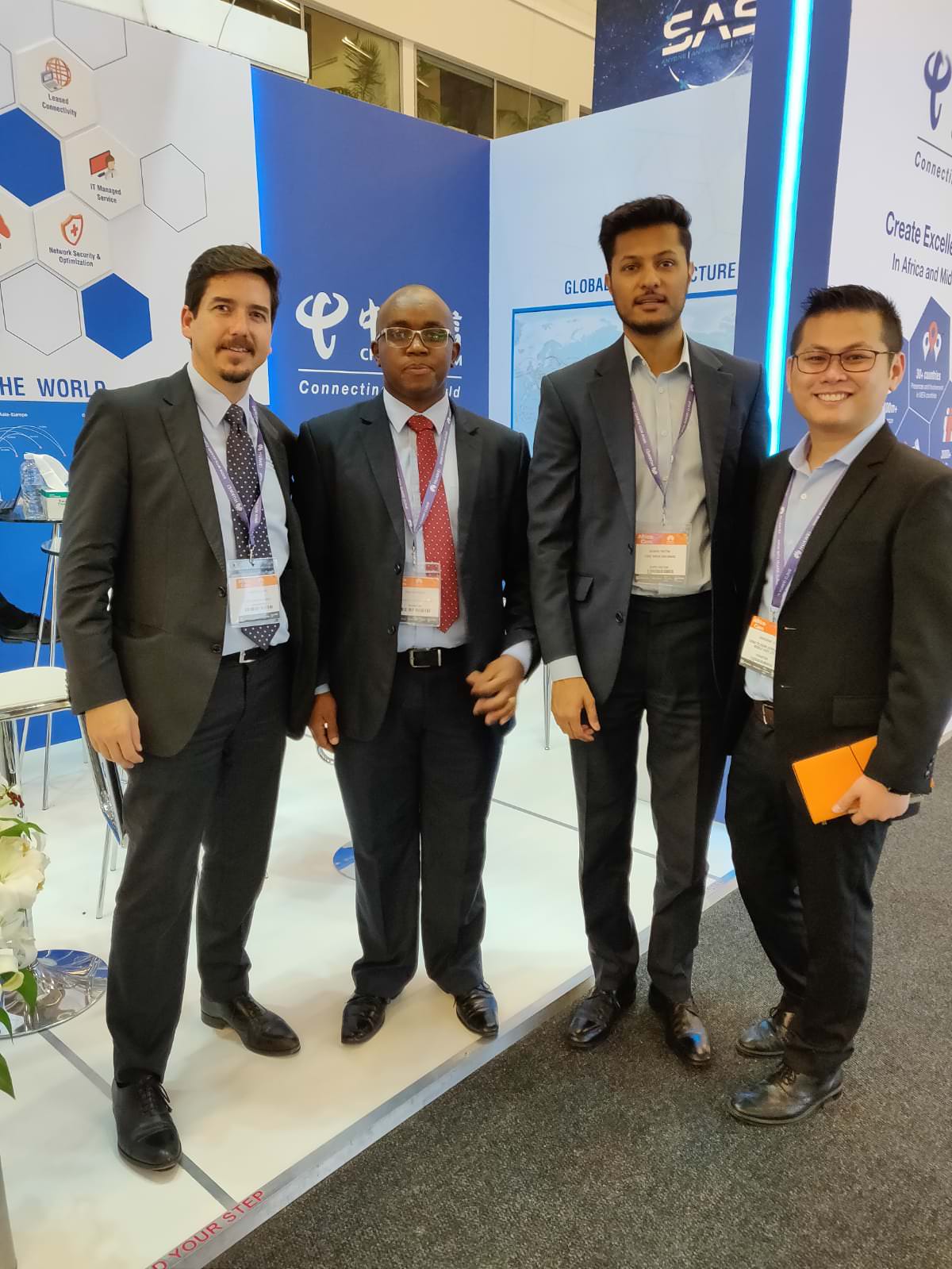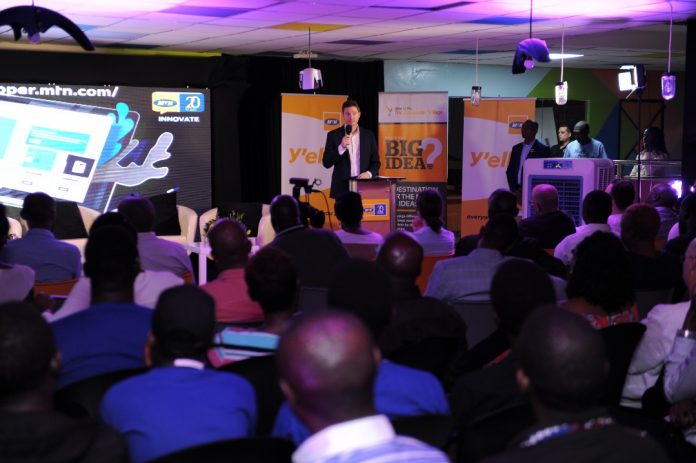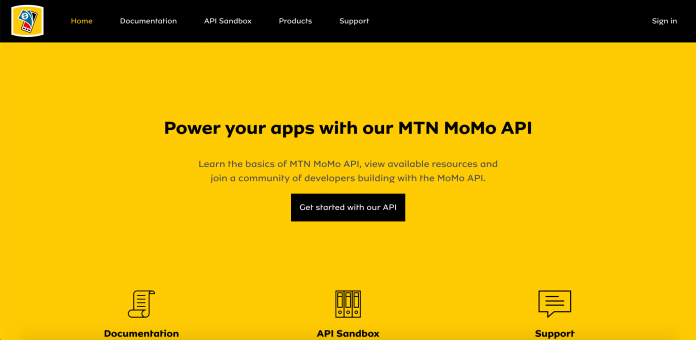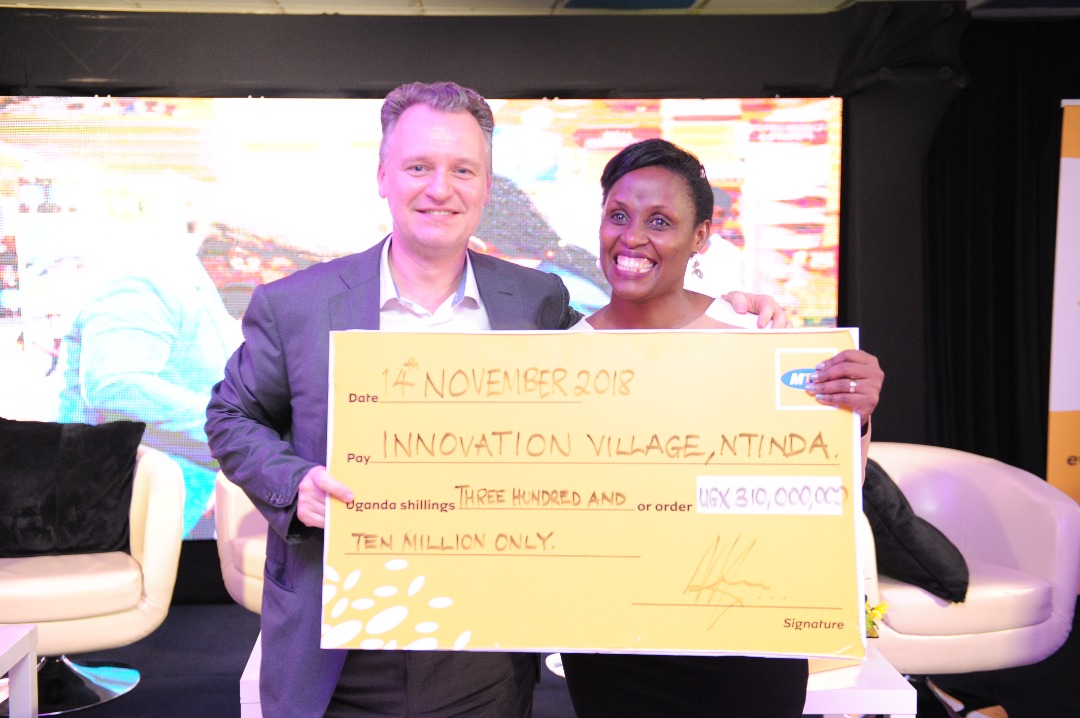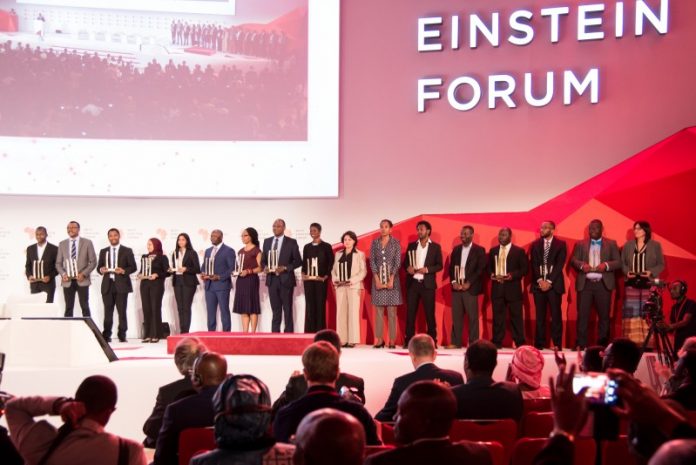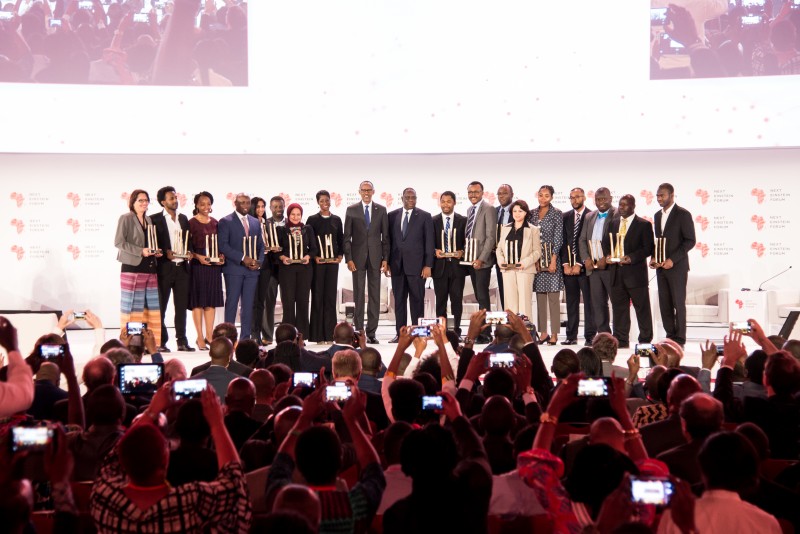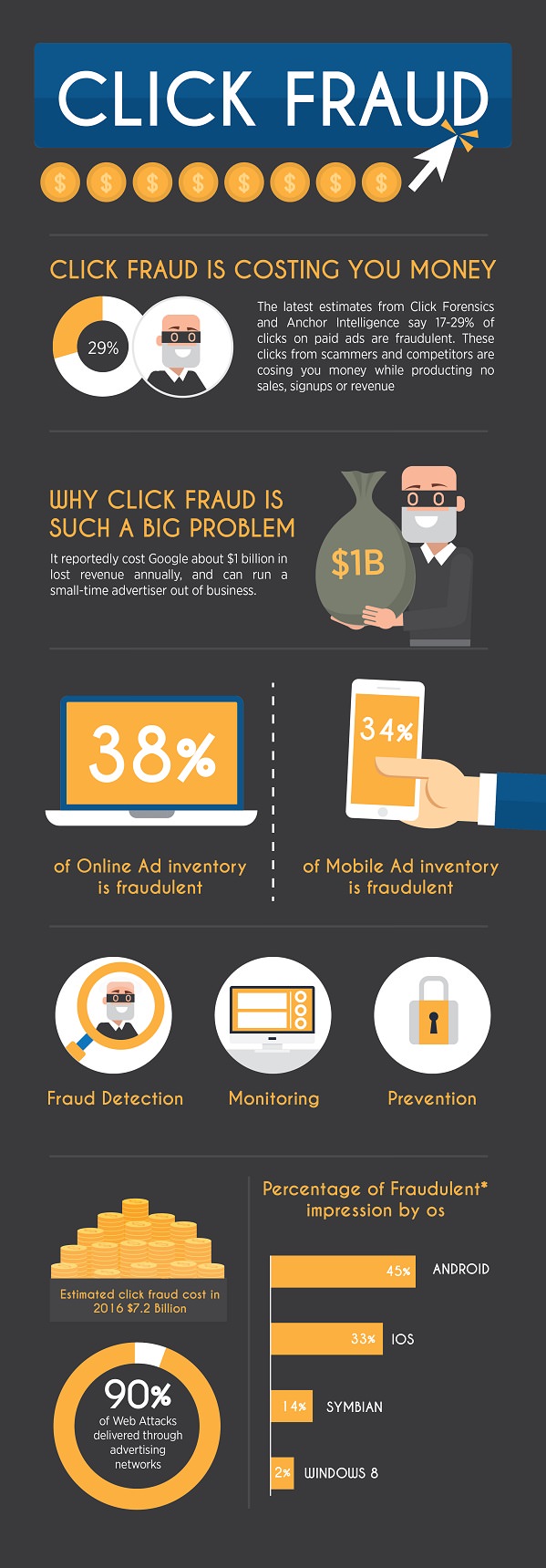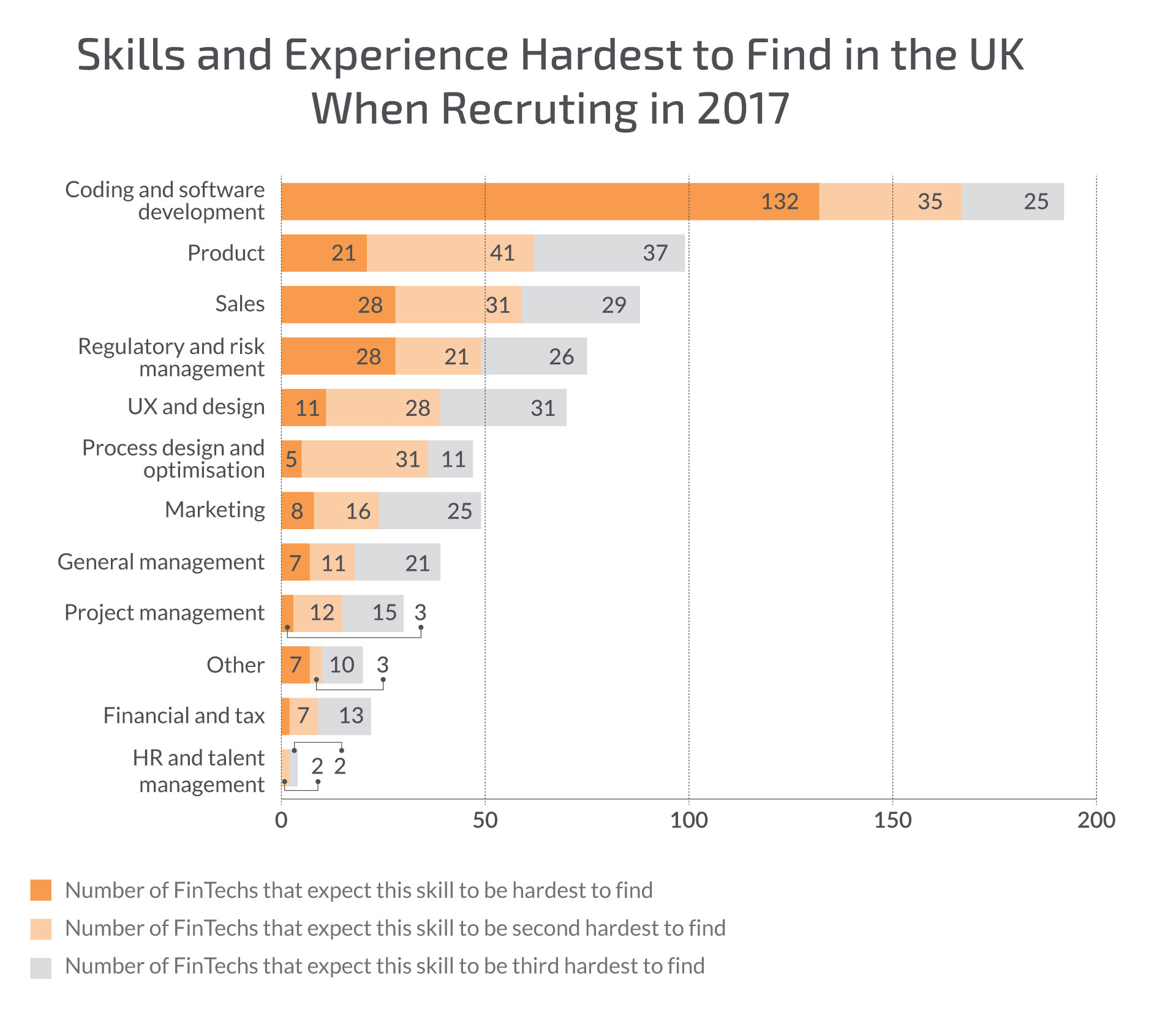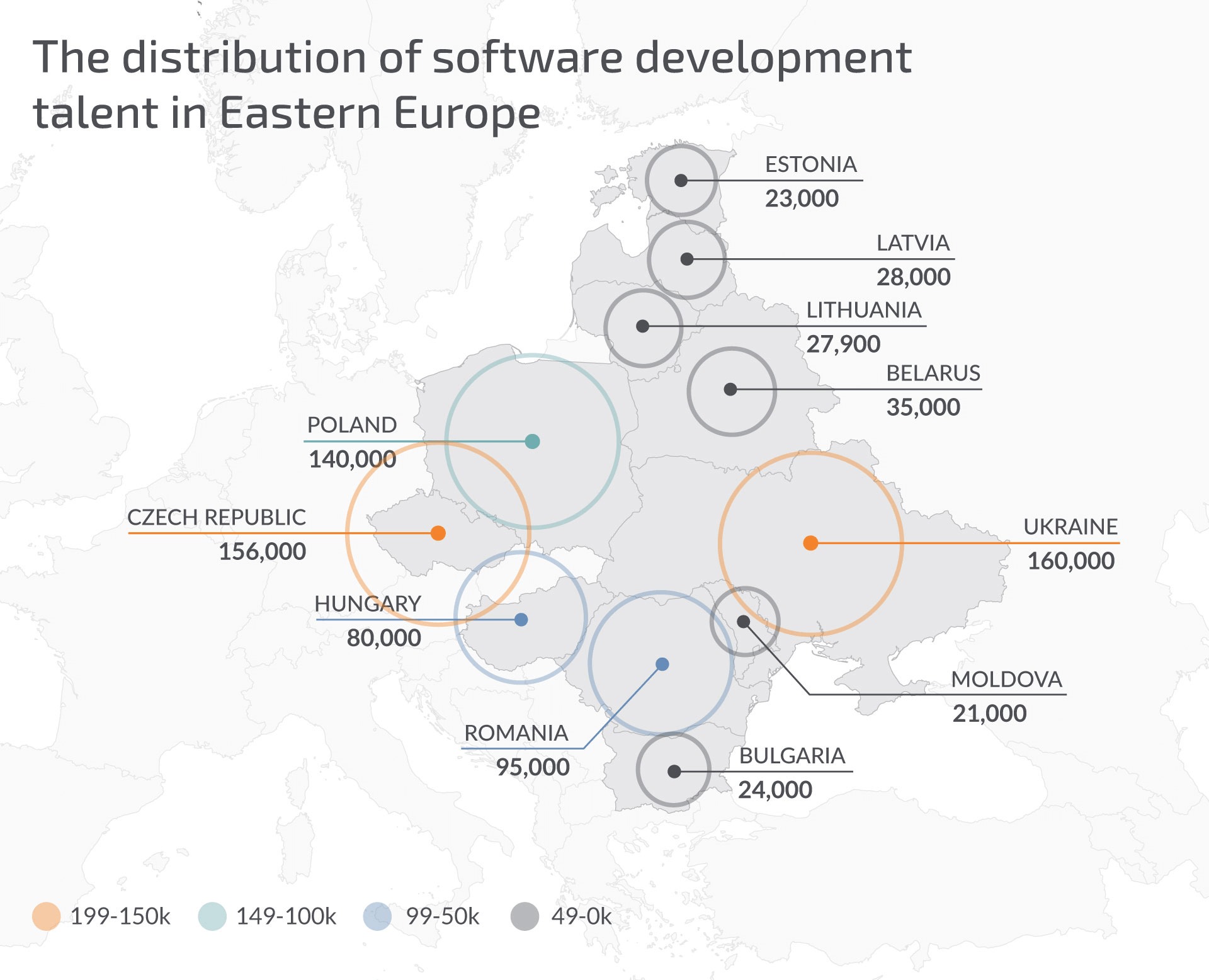No one ever hires a custom software development vendor without doing comprehensive research on a company first. We carefully weigh up all the pros and cons, check the client references, negotiate contracts for months to make sure this cooperation brings the desired results. However, is it enough to find a trusted software engineering company to skyrocket a project to success? What does it take to forge a successful partnership with your vendor?
Running a business and managing the product development process is hard, and it’s getting only harder when you need to do it from two sides and build connections between two teams: the on-site one and the offshore one. Granted, hiring a software development partner is a good strategic decision when you want to innovate and implement technology transformations. However, one should clearly understand that finding a reliable vendor isn’t enough for your outsourced project to be successful. What really matters is establishing a strong partnership with your provider to make your cooperation fruitful and mutually beneficial.
Once you settle on the software development vendor, here starts the journey. Below is what many entrepreneurs end up finding out the hard way by trial and error method.
1. Choose the right engagement model
According to the Forrester report, in today’s customer-centric world, entrepreneurs should consider some new partnership models with their software development vendors such as extended team, managed team, managed services, and others in contrast to traditional staff augmentation and fixed-price models.
Fixed price projects work best when the requirements such as budget, scope, and deadlines are predefined. Rarely does it happen that all the requirements are clearly articulated from the start. That’s why, it is the least flexible model since it does not presuppose any possible changes, which usually appear in the process.
On the flip side, extended (or dedicated) development team model is an optimal choice for long-term projects with evolving requirements. You receive the team of software development professionals entirely focused on your project, define their workload, and have total control over the process. Moreover, it is highly flexible and fully adaptable to any changes. From our experience, we can say that dedicated development team model leads to the most sustainable results when it comes to outsourcing custom software development.
2. Balance cultural and time-zone differences
To build a lasting partnership with a software development vendor, businesses need to make sure that offshore provider’s culture is close to theirs or at least they are ready to accept it. This concerns both ethnic divergences as well as unfamiliar business ethics.
For instance, Indian developers tend to overpromise when it comes to clients’ needs and ideas. They are not likely to question the client’s requirements and suggest some alternatives ways of product development. The specialists from Eastern Europe, by contrast, are more Western-oriented and like to ask questions and contribute to formulating a winning product strategy.
Regarding the differences in time zones, it is essential to be aware of the overlap hours with your software development partner and schedule regular meetings and planning sessions for both teams to be on the same page.
As you can see in this infographic, there is a significant time difference between the US and Asian countries such as China, India and the Philippines, while the overlap between the US and European countries, including Ukraine, is much more convenient. It is always possible to find at least a three-hour overlap to sync up the processes. Moreover, it is not always bad to have your offshore team far away from the on-site one, especially when your product needs 24/7 technical support.
3. Clearly articulate your security standards
Naturally, small-sized companies don’t have well-developed security policies as they need specific expertise and substantial investments in time and resources. Thus, if security is critical for your project, you should choose a mature vendor that goes through recurrent audits of its security controls and policies and has the corresponding certificates (ISO 27001, PCI DSS, etc.).
The compliance must be verified by an accredited third party (e.g., once a year) that proves that the company meets international security standards. Moreover, the vendor should specify what administrative and technical controls they apply to ensure the integrity, availability, and confidentiality of the information assets.
In addition, you need to make sure that the contract with your vendor guarantees the protection of your data and intellectual property.
4. Establish effective management processes
Even if you hire the best software engineering team, your project may be unsuccessful due to misaligned management. Managing distributed teams is challenging, and there are different approaches to doing it effectively. Sometimes clients entrust their vendor with leading a project, putting together the right team and controlling delivery. In such case, you need to make sure that the company you choose has an established management system which also complies well with your management practices. On the other hand, projects can be fully managed from the client’s side. Thus, the client takes on more risks and responsibility.
Today, there are many proven ways to manage an offshore team and make the working process productive and clear. The Agile methodology and Scrum, in particular, provide better transparency, greater flexibility, better results within the shortest time possible. Agile models meet the needs of today’s rapidly changing markets much better and lead to faster delivery of software.
5. Build connections, integrate multiple teams
Before the project kick-off, there are a lot of things you need to align both at the technical and organisational levels to enable cross-team collaboration. If you work on this alongside your vendor, the process will be much faster and more efficient.
Firstly, you should ensure technology alignment as your distributed teams must share the same coding practices. If your teams are located in different time zones, you may build self-sufficient development centres that would work on separate modules and require less collaboration. Also, regular code reviews may help you control the code quality and will enable knowledge distribution.
Secondly, visiting your offshore partner will contribute to building tight-knit connections between your distributed teams. Seeing is believing: when you have a chance to come and see how your team operates you can better understand their pain points and current needs. This would help you bridge the distance and culture gap and become closer in terms of interpersonal connections.
6. Keep communicating
Whatever it takes, you should strive to maintain healthy communication with your software development vendor. This would eliminate a bulk of issues and risks. A lot of offshore projects fail simply because of miscommunicated expectations, tasks, objectives, and needs.
Make sure you devote enough time to clearing things up with your vendor and your dedicated developers. There are a number of various team collaboration tools such as Confluence, Trello, Slack, Jira, Asana, and others. They can help you keep the processes in sync and will give you the level of control you require.
7. Tap into the vendor’s expertise to innovate
Nowadays every company is a technology company. Even though today you may be developing a simple web application, in the future you will not do without innovative technologies like Big Data, VR, and AI. So if you choose a mature vendor with diverse tech expertise at the outset, you will be able to tap into it when needed.
Virtual Reality is widely used for employee training and product presentations, Big Data analytics can help you understand your customers better, machine learning allows companies to make predictions, optimize costs and gain a competitive edge. Developing all this expertise in-house is costly and time-consuming, especially if it is not your core business.
Leverage the knowledge of your offshore partner, and you will have access to all these technologies right when you need them.
8. Control your outsourcing budget
In fact, the budget of the project is determined by the engagement model you choose. To avoid spending money like water, you should clearly understand the scope of your project and your final goal. For instance, it doesn’t make sense to employ a full-time IT architect or a UX designer if you need their services only during a certain period of time within a project. On the other hand, it is not reasonable to pay developers or QA specialists an hourly rate if they are going to be fully involved in the project and will work a 40-hour work week. Hourly rates are much higher than the monthly rates of dedicated engineers, so T&M contracts are not the best option for lasting partnerships.
As for the Fixed Price model, it works well for businesses who have a complete vision of the product, clearly defined requirements and know their target audience, industry and main competitors well. If there is no such clarity, no vendor will take on all these risks and the responsibility for product delivery by signing the fixed price contract.
9. Choose a partner for long-term cooperation
Even if you seek an offshore team for a short-term project, let’s say, you need to develop a simple mobile application, you should consider the benefits you may gain from this cooperation in a long run. Chances are you will have some more projects to work on in the future. And when you have an offshore team that is already highly motivated and knows your business inside out, achieving success is much easier.
When you select a provider, you should always aim for long-term cooperation even if initially this is a short-term project. It is always easier to leverage your current provider for your next projects instead of looking for a new one.
It often happens that the dedicated offshore engineers stay longer on the project than the on-site employees. Therefore, they become the product knowledge holders and can share this expertise with people who join the team later. This is the biggest benefit of the dedicated development team model and the long-lasting partnerships.
10. Build the relationship of trust
According to the report by the Project Management Institute (PMI), changing project goals account for 36% of failed projects, whereas changes in the plan don’t lead to failure. There is nothing worse than when your offshore team find themselves blindsided by unexpected changes you introduce on the strategic level as the project progresses. It is essential for the custom software development vendor to have a complete vision of a project. For a partnership to be truly successful, you should formulate short-term and long-term goals of a project right from the outset. It would help offshore specialists contribute to creating a winning product strategy and adapt the team as requirements are changing.
Every business owner wants the outsourced projects to be delivered on time and on budget, at the same time, maintaining the highest product quality. This is feasible only if you set up effective cooperation with your software engineering partner right from the start. The journey to building trust and establishing tight connections with your custom software development vendor isn’t going to be lightweight. But once you establish a successful partnership with your provider, it will pay off.
Start small and move forward stage by stage, and you will see that each step has a knock-on effect driving you in the right direction.
Guest Post By Marta Hlova
Marta Hlova is a creative Content Marketing Manager who works with N-iX to help businesses implement technology transformations. Marta believes that success comes to those who hustle and are always looking to learn new things.
